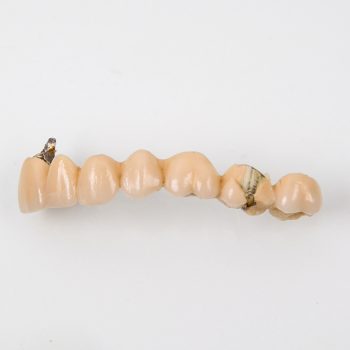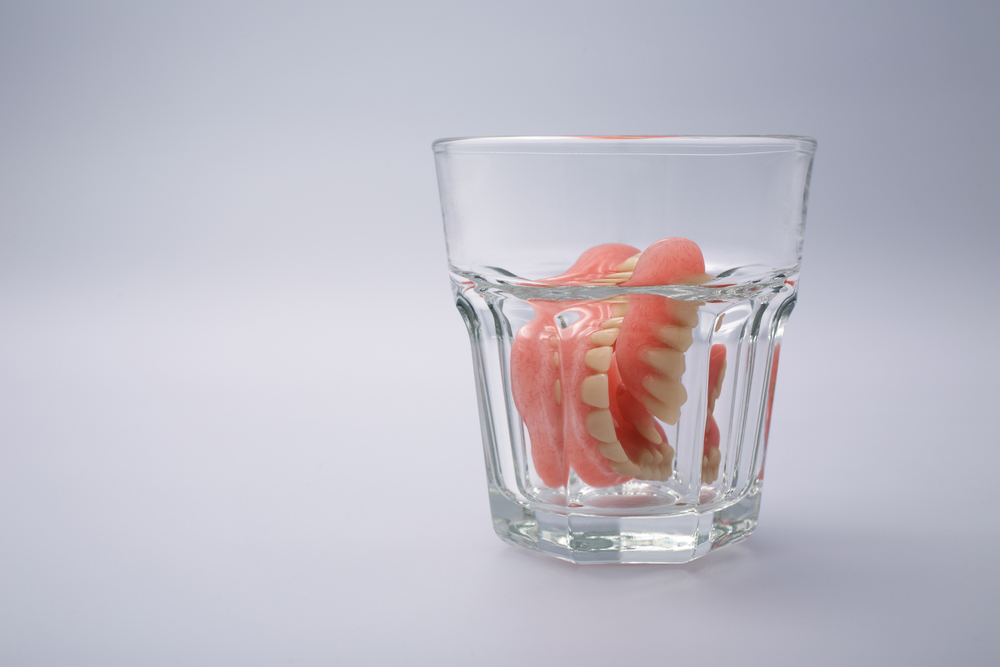Discover Your Best Smile: Comparing Tooth Replacement Options
Welcome to Zajac Dental, where your journey to a radiant smile begins. If you’re exploring tooth replacement options, Dr. Pawel Zajac and our Oakville dental team are here to guide you through the possibilities. With a commitment to delivering personalized and top-tier dental care, we’ll navigate the various options available and shed light on why dental implants stand out as the optimal choice. Contact us at 905-901-3824 to embark on the path to a complete and confident smile.
Dental Bridges
Dental bridges are fixed prosthetic solutions designed to replace one or more missing teeth. Comprising artificial teeth (pontics) anchored between adjacent natural teeth or dental implants, bridges seamlessly bridge the gap created by tooth loss.
Advantages of Dental Bridges
- Restoration of Functionality: Dental bridges restore the ability to bite and chew properly, improving overall oral function.
- Aesthetic Improvement: Bridges fill gaps caused by missing teeth, enhancing the appearance of the smile and maintaining facial structure.
- Speech Enhancement: By replacing missing teeth, bridges can help improve speech clarity that may be affected by gaps or tooth loss.
- Prevention of Shifting Teeth: Bridges prevent adjacent teeth from shifting into the space left by a missing tooth, maintaining proper dental alignment.
- Durable and Long-lasting: Constructed from durable materials such as porcelain or ceramic, dental bridges are designed to withstand the pressures of daily chewing and can last for many years with proper care.
- Non-Removable: Unlike some dental prosthetics, bridges are fixed in place and don’t need to be removed for cleaning, providing convenience and stability.
- Cost-Effective Solution: Compared to some alternatives, dental bridges often present a cost-effective option for replacing missing teeth.
- Quick and Predictable Procedure: The process of getting a dental bridge is typically quicker than other tooth replacement options, and the results are predictable with a high success rate.
- Preservation of Jaw Structure: Bridges help distribute the forces exerted during chewing, promoting the preservation of the underlying jawbone structure.
Disadvantages of Dental Bridges
- Adjacent Tooth Modification: The preparation of adjacent teeth for bridge placement involves removing enamel, which may compromise their natural structure.
- Risk of Decay and Gum Disease: Difficulty in cleaning underneath and around the bridge can increase the risk of plaque buildup, leading to tooth decay and gum disease.
- Limited Longevity: While durable, dental bridges may not last a lifetime and may need replacement after a certain period, depending on factors such as oral hygiene and wear.
- Dependency on Adjacent Teeth: The success of a dental bridge relies on the health and stability of the adjacent teeth to which it’s anchored. If these teeth develop issues, it can affect the bridge’s integrity.
- Potential Sensitivity: Some individuals may experience increased tooth sensitivity, especially to hot or cold temperatures, after getting a dental bridge.
- Aesthetic Limitations: While bridges provide a cosmetic improvement, they may not look as natural as dental implants, especially if the adjacent teeth have noticeable differences in color or shape.
- Not a Conservative Option: Unlike alternatives like removable partial dentures, the placement of a dental bridge involves altering the structure of healthy adjacent teeth.
- Bone Resorption: Over time, the jawbone underneath the missing tooth site may experience some degree of resorption, as it no longer receives stimulation from the tooth root.
Dentures
Dentures are removable dental prosthetics designed to replace missing teeth and surrounding tissues. They’re custom-made to fit an individual’s mouth and are commonly used when a person has lost some or all of their natural teeth. Dentures are typically made from acrylic, metal, or a combination of materials, and they come in two main types:
Full Dentures: These are used when all of the natural teeth are missing in either the upper or lower jaw, or both. Full dentures consist of a flesh-colored acrylic base that fits over the gums. The base supports a complete set of artificial teeth.
Partial Dentures: Partial dentures are used when some natural teeth remain. RPDs have a metal or acrylic framework that attaches to the remaining natural teeth for support. Artificial teeth are then attached to the framework, filling in the gaps left by missing teeth.
Advantages of Dentures
- Restoration of Functionality: Dentures enable individuals to bite, chew, and speak more comfortably, restoring basic oral functions.
- Aesthetic Improvement: They provide a natural-looking replacement for missing teeth, improving the appearance of the smile and supporting facial structures.
- Affordability: Dentures are often a more cost-effective option compared to certain alternatives like dental implants.
- Non-Invasive: Unlike dental implants, the placement of dentures does not involve surgical procedures.
Disadvantages of Dentures
- Potential for Slipping: Dentures may move or slip, especially during eating or speaking, which can be inconvenient or embarrassing.
- Bone Resorption: Over time, the jawbone may undergo resorption due to the lack of stimulation from tooth roots, leading to changes in the fit of dentures and the need for adjustments.
- Maintenance: Proper cleaning and maintenance of dentures are essential to prevent issues such as plaque buildup, odor, and fungal infections.
- Adaptation Period: Some individuals may experience an initial adjustment period as they get used to wearing dentures.
What Are Dental Implants?
Dental implants are surgical components that serve as artificial tooth roots, providing a strong foundation for fixed or removable replacement teeth. They’re typically made of biocompatible materials such as titanium, which allows them to fuse with the jawbone through a process called osseointegration.
Benefits of Dental Implants
- Natural Look and Feel: Dental implants closely mimic the appearance and function of natural teeth, providing a realistic and comfortable solution for tooth replacement.
- Preservation of Jawbone: The integration of implants with the jawbone helps stimulate and preserve bone, preventing the bone loss that can occur with tooth loss.
- Stability and Durability: Dental implants offer a stable and durable foundation for replacement teeth, allowing individuals to eat, speak, and engage in normal activities without concern for slippage or movement.
- Improved Oral Health: Unlike traditional bridges, the placement of dental implants does not require the alteration of adjacent healthy teeth, promoting overall oral health.
- Longevity: With proper care, dental implants can last for many years, and in some cases, a lifetime.







Frequently Asked Questions
Are there age or health restrictions for certain tooth replacement treatments?
Which tooth replacement solution is best for my smile’s health?
The best way to know which tooth replacement solution is ideal for you is to schedule an initial consultation with your dentist. They’ll look at your smile and check for underlying issues in order to determine the treatment that’s best for you. It’s highly recommended that you tell your dentist about any questions or concerns so they can better personalize your dental experience.
Is it possible to upgrade or switch between tooth replacement options in the future?
For example, someone with removable dentures may explore transitioning to dental implants for a more permanent solution. Consultation with an implant dentist can help assess the feasibility of upgrading or switching between tooth replacement options and determine the most suitable course of action based on individual circumstances.
Are there any lifestyle changes or considerations after receiving a tooth replacement, and how soon can normal activities be resumed?
Dental implant recipients, for example, may need to wait for the implant to integrate with the jawbone before resuming regular activities, typically a few months. Removable options like dentures may have a shorter adjustment period. Patients should follow their dentist’s advice on post-treatment care and gradually reintroduce normal activities based on the specific instructions provided.
Which tooth replacement solution is best for my smile’s health?
Learn More About Tooth Replacement Options at Zajac Dental
Whether you’re considering dental bridges, dentures, or dental implants, Zajac Dental is your trusted partner in achieving the perfect smile. Our experienced team will provide tailored guidance to help you make an informed decision. Contact us now at 905-901-3824 to schedule a consultation and take the first step towards restoring your smile and confidence.
Your journey to optimal oral health begins with Zajac Dental. We serve new and returning patients from Oakville and surrounding areas such as Flagarwood, Holton Heights, Sunningdale, and West Oak Trails, ON.